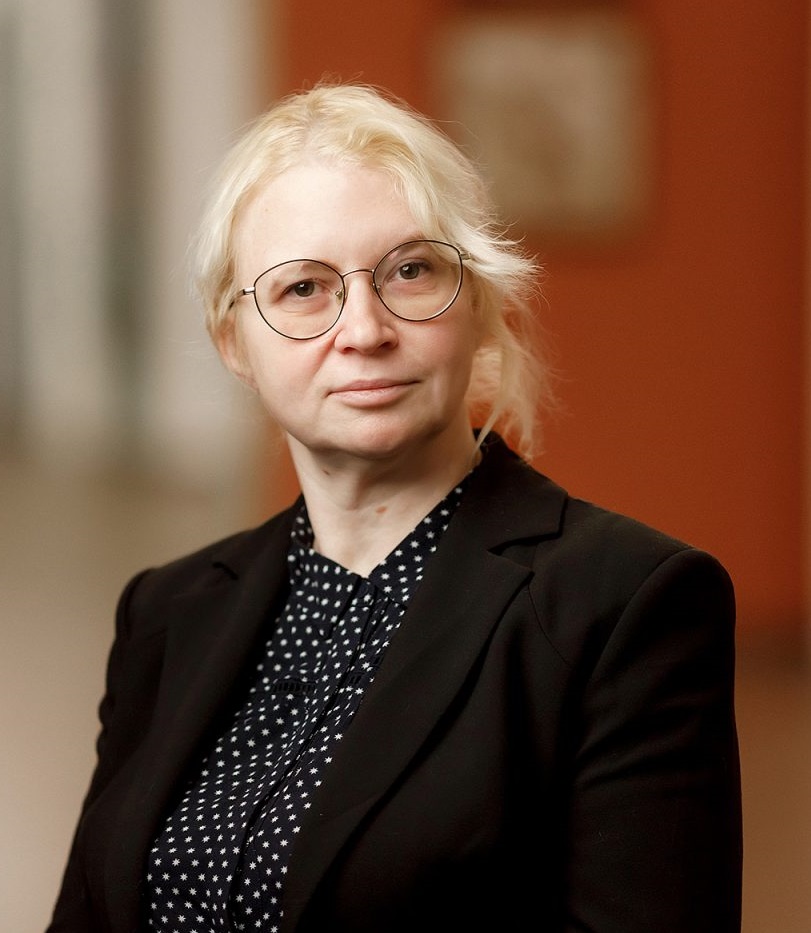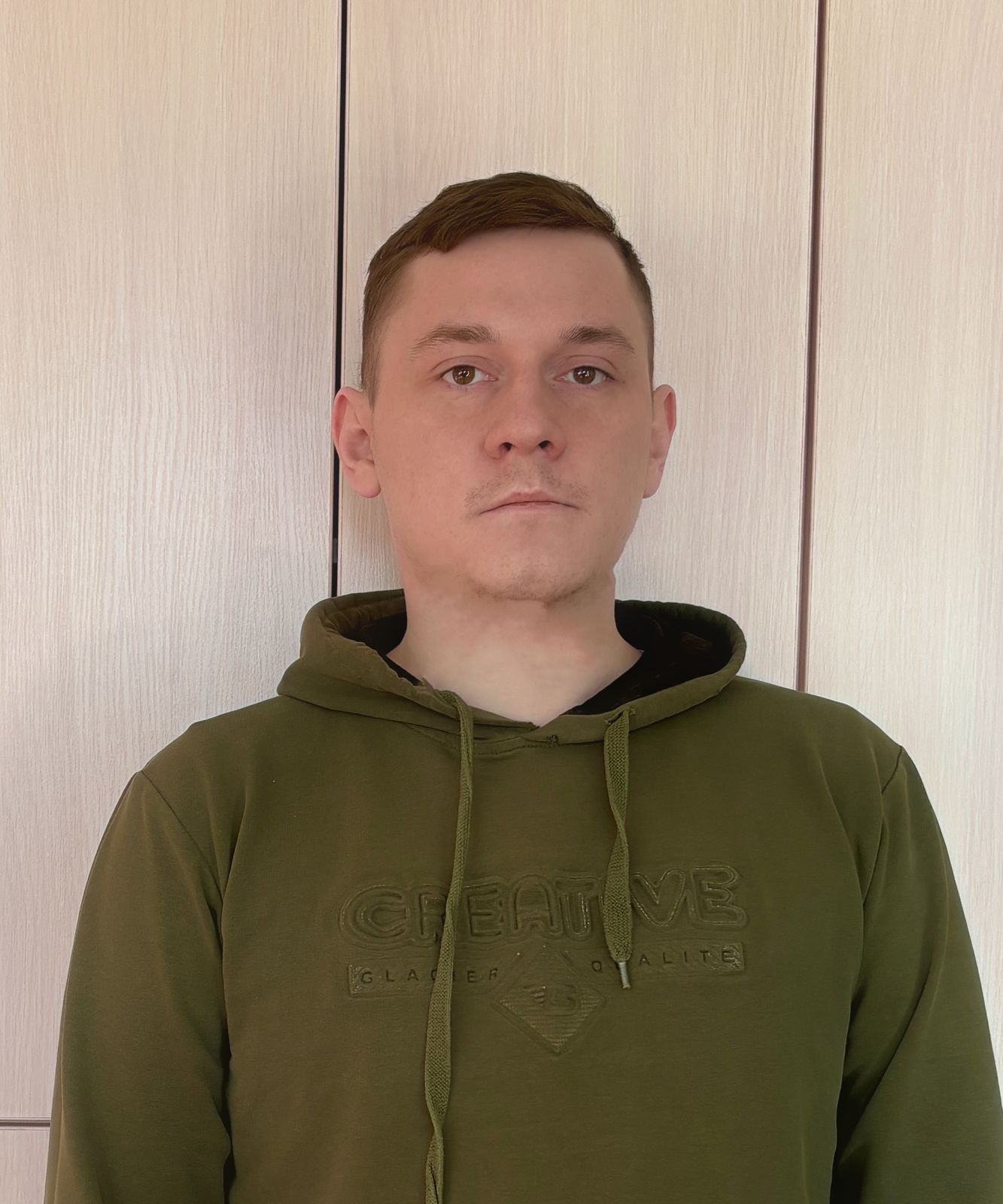Confessional (religious) space acts as the main object of study in confessional geography. The aim of the research is to identify the territorial aspects of the interaction between the two main confessional spaces of Russia (Orthodox and Muslim) during the imperial period of history (from the 18th century to the beginning of the 20th century), using a methodology that is based on an indicator proposed by the researchers – the index of religious contact. Unlike the religious mosaic index that is used in confessional geography, the religious contact index allows us not only to evaluate the degree of diversity of the confessional composition of the population, but also to visually display on the map the dominance of a particular religious group when assessing the extent of manifestations of confessional contact areas, as well as during the course of cartographic analysis of their dynamics. By mapping the changes in this indicator over four-time intervals, the following phases of the development of confessional contact zones were identified. 1) The emergence of a contact zone (decrease in mono-confessionalism due to the emergence of followers of another religion). 2) The growth of contact by increasing the proportion of followers of the second religion. 3) Decrease in the indicator of contact, when the share of followers of the second religion exceeds the share of adherents of the first religion and continues to grow. 4) The growth in mono-religiosity (the beginning of the dominance of the second religion). 5) Dissolution of the confessional contact zone, resulting in a decrease to an extremely low level in the proportion of adherents to the first religion.
Key words: religious mosaic index, confessional core, contact zones, Orthodox, Muslims
DOI: 10.22250/20728662_2024_1_120
About the authors
 |
Natalia K. Terenina – Ph. D. (Geography), Assistant Professor of the Department of Geography, Pskov State University; 1 Krasnoarmeiskaya St., Pskov, 180000, Russia; This email address is being protected from spambots. You need JavaScript enabled to view it. |
 |
Roman N. Krotok – Junior Research Fellow, Department of Geography, Pskov State University; 1 Krasnoarmeiskaya St., Pskov, 180000, Russia; This email address is being protected from spambots. You need JavaScript enabled to view it. |






